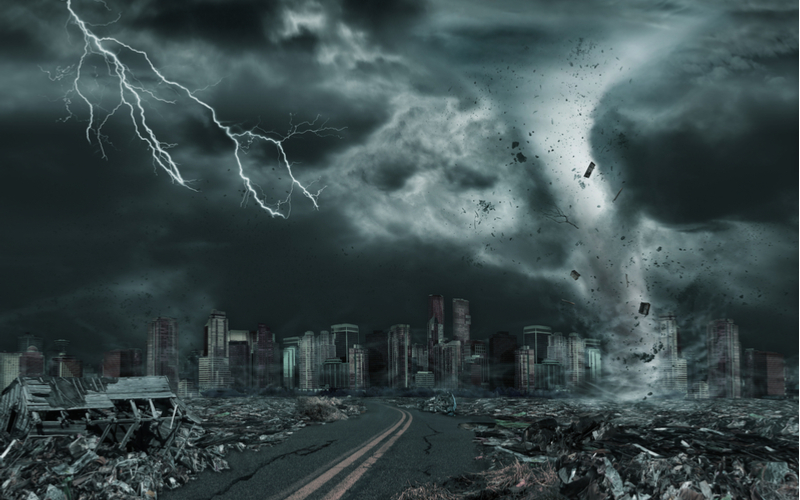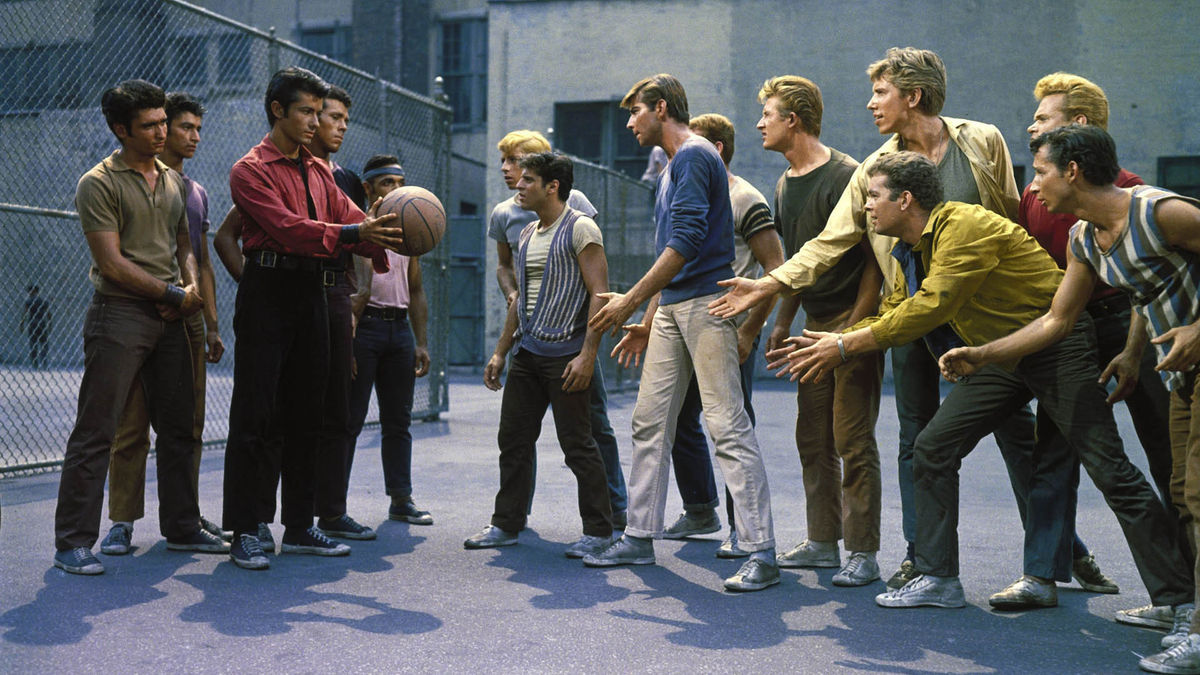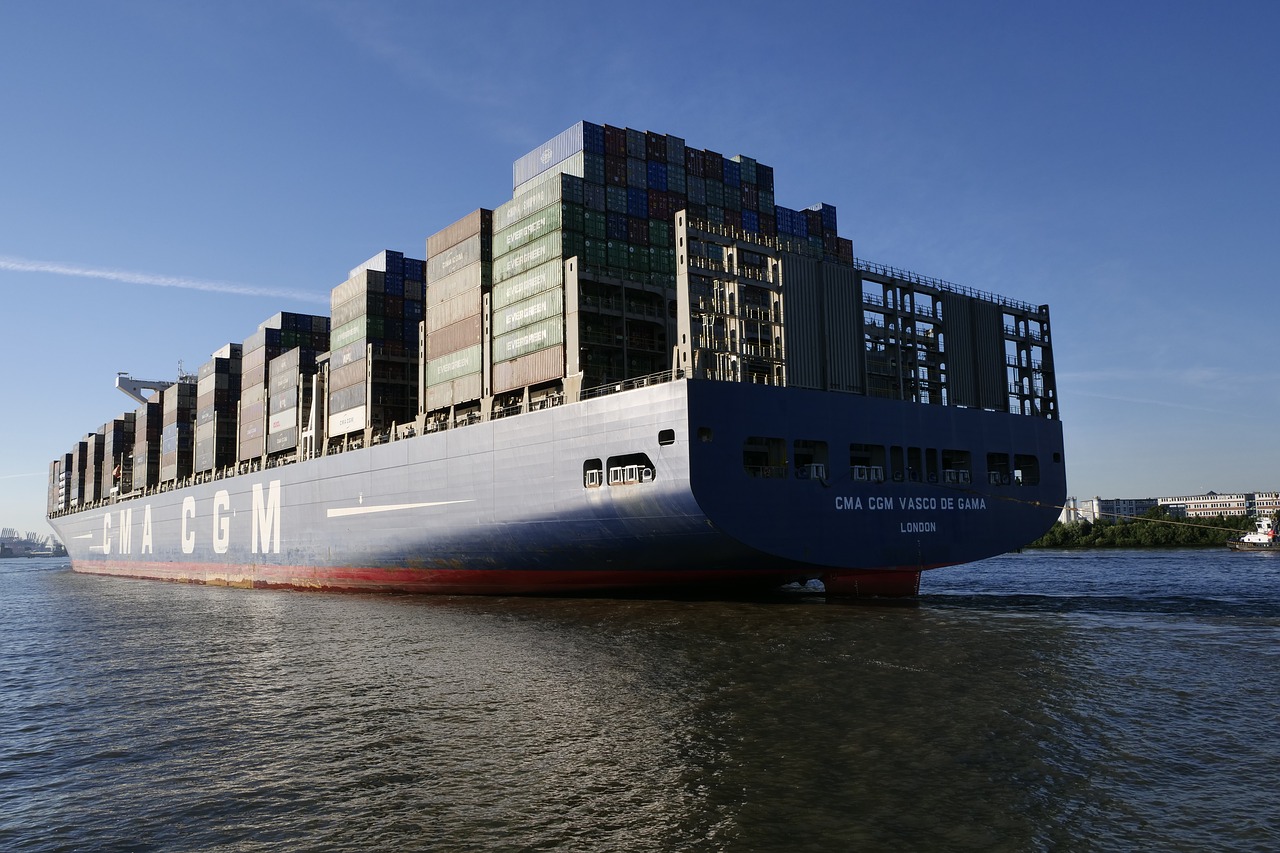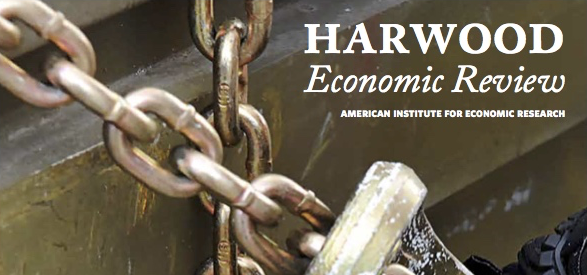Free Trade
|
Why Free Trade Doesn’t Win Elections
International trade is millions of mutually beneficial, voluntary transactions between firms and consumers that happen to lie across international borders. But that’s not how politicians or many in the general public conceptualize it.
|
Fallout from the Trade Wars
To “buy American,” as the nationalists and nativists demand, is to eschew today’s beneficial products while underrating the benefits of yesterday’s globalization of trade and fearing tomorrow’s.
|
The Best Trade Policy Is to Ignore Other Governments’ Trade Policies
Governments should treat each others’ economic policies as given, if only because almost all government interventions artificially help some producers and hurt others. Because every government is forever grasping for excuses to protect politically powerful domestic producers from foreign competition, each government can find such excuses in even the most mundane actions of foreign governments.
|
Trade Disaster Averted for Now
Free traders can only hope that future agreements will be improved and made universal.
|
Trade Makes Possible the Productive Cooperation of Millions of People
Opponents of free trade wish to prevent you and your fellow human beings from rendering to, and receiving from, each other the greatest possible amount of mutual assistance at improving your lives.
|
Tariffs May Wipe Out Gains from Tax Cut
With the new round of announced and threatened tariffs, we are approaching a policy that coupled with the corporate tax cut, can best be described as a revenue-neutral free trade tax.
|
The Economics of Autarky
“It is not so much economic as political and philosophical: history must drive toward centralized power under great men and their intellectual advisors. Economic forces must be restricted to the bounds of the nation-state, because those bounds are the limits of the jurisdiction of the powers that be. Trade outside the borders, in this case,…
|
Economic Basic: Trade Is Mutually Beneficial
This is perhaps the first lesson, and the most important, that students learn in economics.
|
The Jets, the Sharks, and a Trade Agreement
The following tale about trade, protectionism, and trade agreements is more realistic than it seems on the surface.
|
Trade Wars and Monetary Policy
Trump’s trade war is heating up. How can the Fed ensure it doesn’t cool down our economy too much?
|
How to Kick an Economy When It’s Down
It is incredibly reckless to double taxes on imports from a particular country with the stroke of a pen. As robust and well-capitalized as the US is today, such actions foment more conflict, feed resentment, fuel nationalism, and take unnecessary risks with the economic well being of people the world over.











